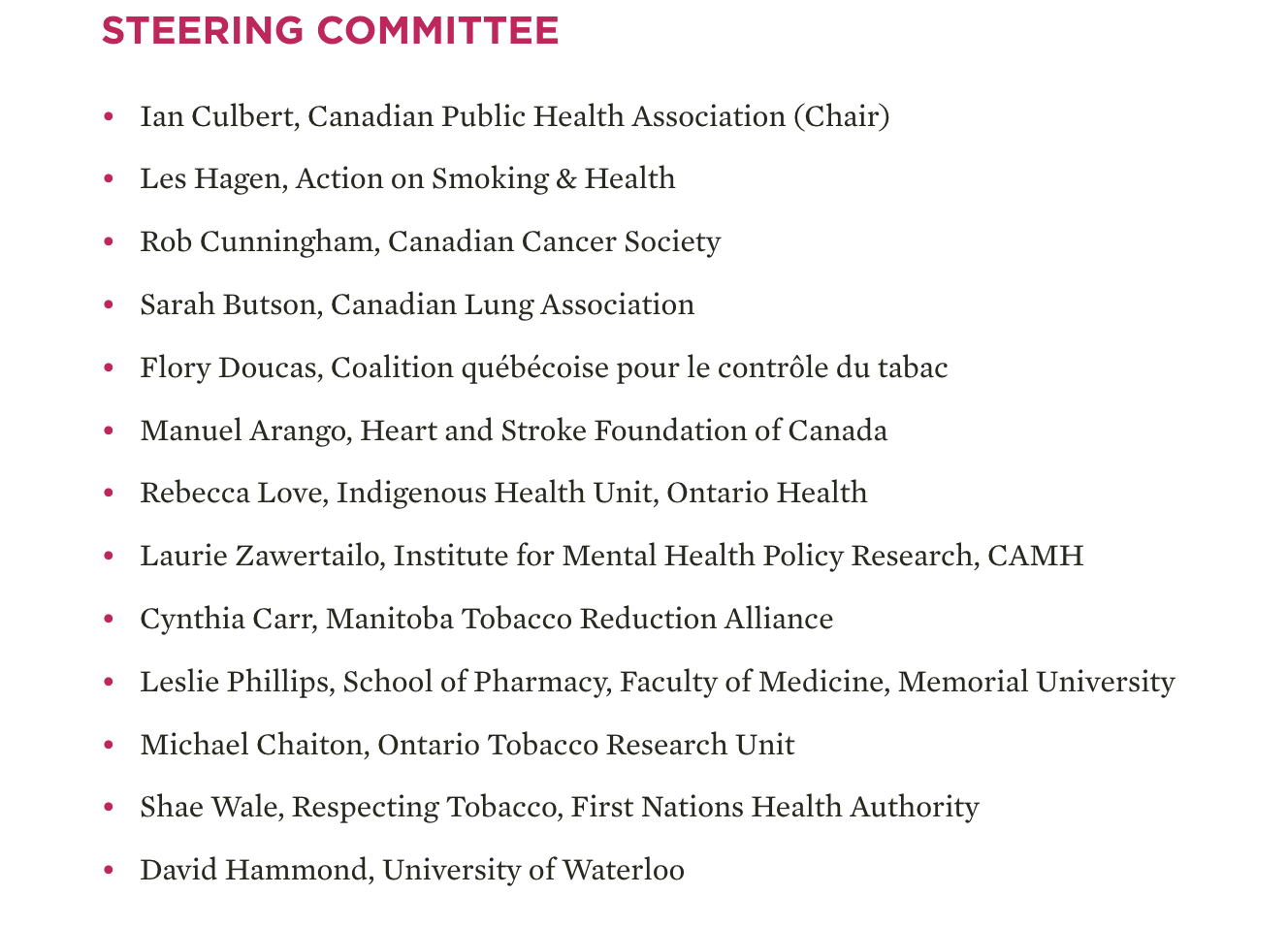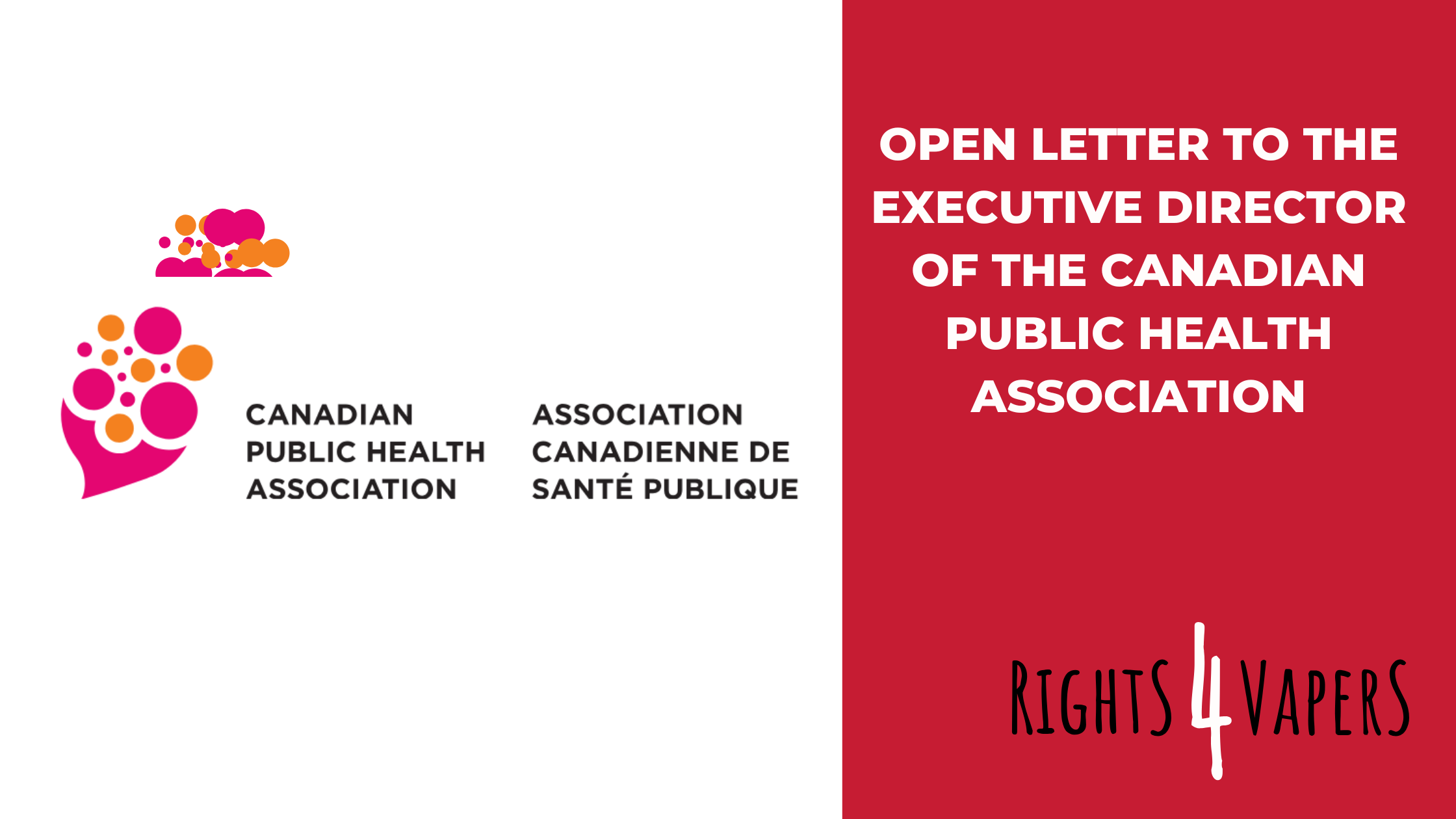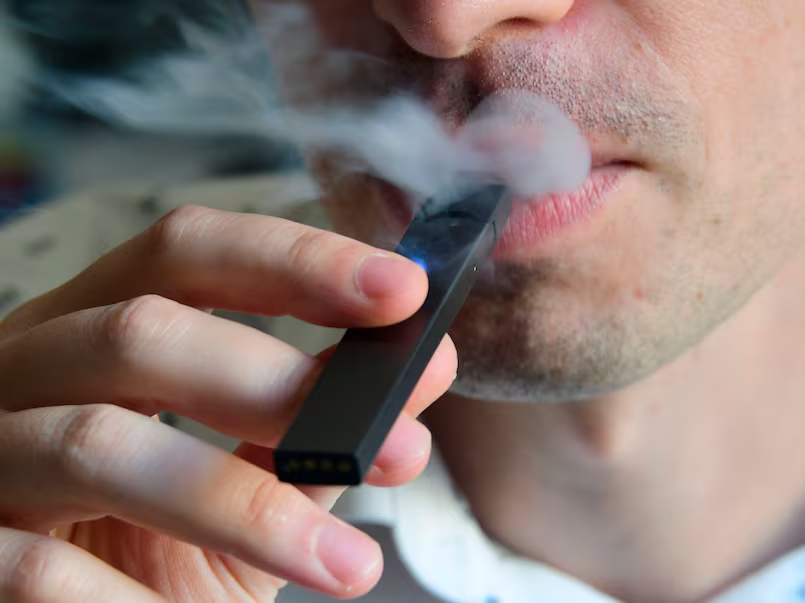Mr. Culbert: Another Nail in the Coffin of Public Health Credibility in Canada
Once again, under your leadership, the Canadian Public Health Association (CPHA) has reminded us why public trust in Canadian health institutions is plummeting. Your upcoming event, the 2025 Canadian Conference on Tobacco and Nicotine (CCTN25), is being pitched as a space for “dialogue” and “collaboration.” But this is no public health conference. It’s an echo chamber for abstinence-only ideologues who are clinging to outdated, disproven narratives about nicotine and tobacco harm reduction.

CCTN25 explicitly bans participation from anyone with ties to tobacco or vaping product entities. This includes researchers, advocates, clinicians, and consumers who support non-pharmaceutical nicotine products, the very tools many marginalized people use to reduce harm and improve their health.
The exclusion is right there in black and white:
“Registrants with ties to any tobacco or vaping product entity will be excluded from the conference.”
You call this transparency, but it’s really about control, about gatekeeping ideas, silencing lived experience, and protecting the comfort of a privileged few. The CPHA, under your watch, is not promoting evidence-based dialogue. It’s enforcing ideological purity.

And your justification? On a phone call with me that barely lasted a minute, you blamed the tobacco industry’s “70-year history of hooking kids on nicotine” as the reason for excluding everyone who touches vaping. That’s a lazy, tired talking point. It deliberately conflates harm reduction with corporate exploitation and ignores the actual science and lived realities of people who are using vaping products to quit smoking and improve their health.
This isn’t about protecting public health. This is about protecting power. The majority of your steering committee is made up of “old guard” tobacco control activists who have built their careers on fear, shame, and stigma. You’ve chosen to serve their interests rather than engage with today’s realities. Instead of evolving, you’ve doubled down on exclusion and dogma.
CPHA is not including the public, it is excluding them. And when an organization with Canada, Public, and Health in its name deliberately turns its back on the very people it’s supposed to serve, it fails at the most basic ethical level.

We can’t talk about this without talking about the broader crisis in public health. Vaccine hesitancy, resistance to evidence-based policies, and growing anti-institutional sentiment all have one root cause: lack of trust. And you, Mr. Culbert, are actively fueling it. You and your committee are giving people yet another reason to look at an institution with “Public Health” in the title and say, “That’s not for me.”
And where is Health Canada in all this? Why are they not on your steering committee? Could it be because your hardline abstinence-only position on nicotine runs counter to their more evidence-based approach? Are they distancing themselves from CPHA’s growing irrelevance?
Let’s stop pretending this is science. Conflating nicotine with tobacco is not evidence-based. It’s as absurd as conflating methadone with heroin, or clean needles with dirty ones. It’s not just outdated it’s dangerous.
Public health in Canada has a choice to make: continue down this path of exclusion, fear-based messaging, and ideological rigidity or choose to rebuild trust by including diverse voices, embracing lived experience, and facing the messy, complex reality of addiction with humility and honesty.
As for our phone call, since you brought up joy, let me clarify something. You ended the call by saying, “I have a minute until my next meeting. I feel sorry for you. I hope you find something that brings you joy.” That smug, condescending dismissal is exactly what people have come to expect from institutional leaders who have lost touch with the people they claim to represent.
Well, Mr. Culbert, in case you’re wondering, here’s what brings me joy: fighting for the truth. Standing up for marginalized communities. Refusing to back down in the face of elitist, exclusionary systems like the one you’ve helped entrench. I’ve gone up against bigger bullies than you and the members of your steering committee. And I don’t need a title or an institution behind me to do what’s right.
During our call, I told you that when something like this happens to me, I might not know immediately what I’ll do but I’ll do something.
Now, Mr. Culbert, I know exactly what I’m going to do.
Maria




